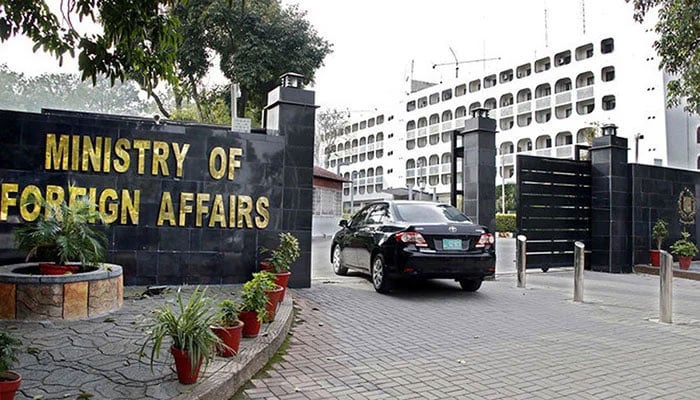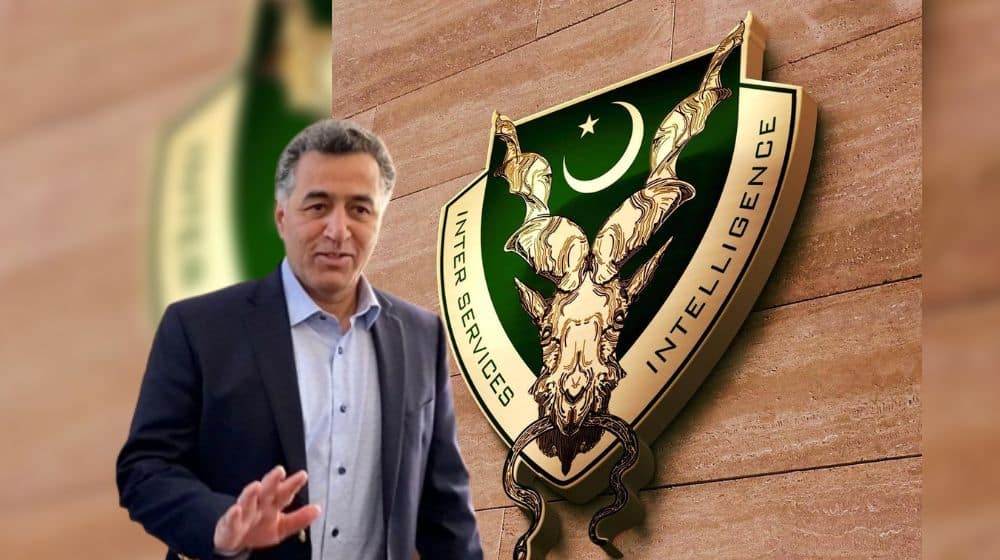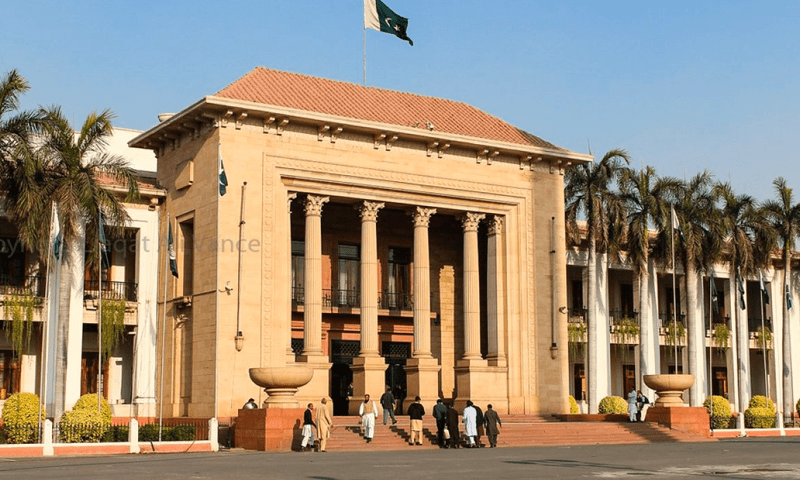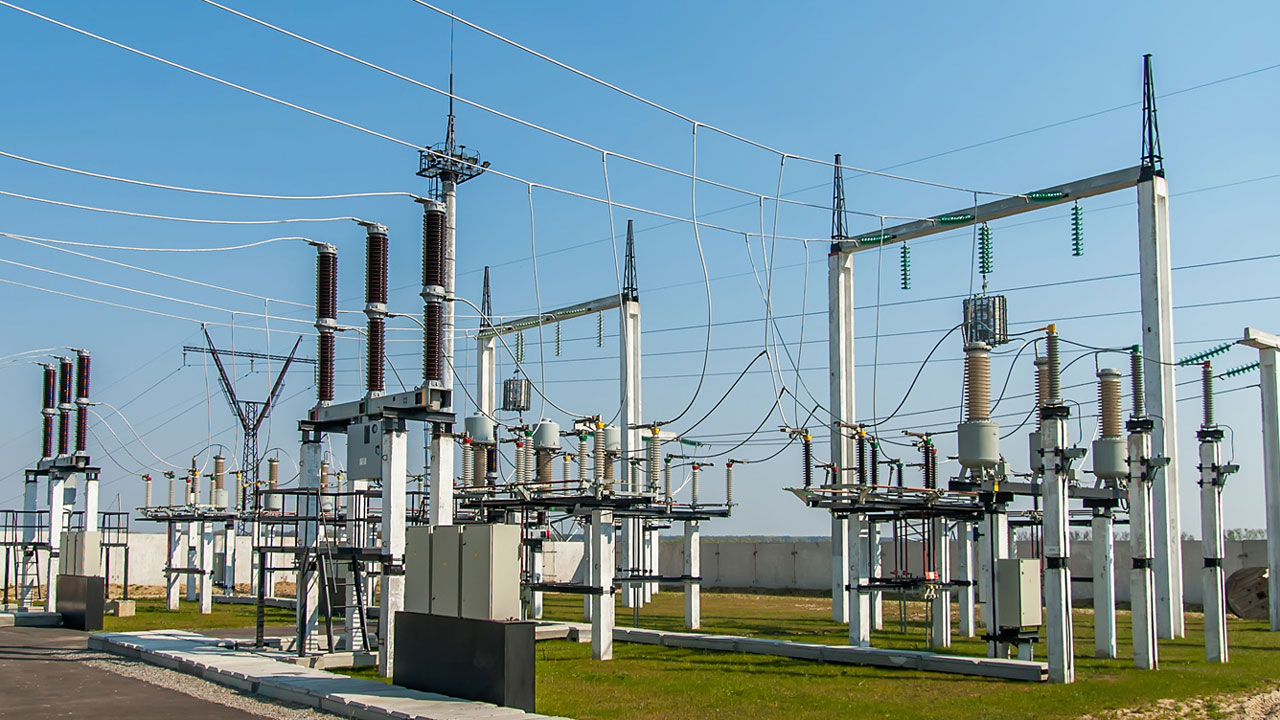Pakistan and Afghanistan have agreed to bolster their diplomatic relations, with both countries focusing on enhanced cooperation in various key areas, including trade, transit, and border management. The commitment was made during a visit by Pakistan’s Special Representative for Afghanistan, Ambassador Muhammad Sadiq Khan, who met with Afghan officials in Kabul on Saturday.
During the visit, Ambassador Sadiq Khan met with Afghanistan’s Foreign Minister Amir Khan Muttaqi and Acting Commerce Minister Nooruddin Azizi to discuss how the two nations can further strengthen bilateral relations and utilize their full potential for mutual benefit. Sadiq emphasized Pakistan’s commitment to a long-term and mutually beneficial relationship with Afghanistan, with a focus on regional trade, connectivity, and economic cooperation.
The visit of Ambassador Sadiq was officially announced by Pakistan’s Foreign Office, which also shared that the visit was scheduled from March 21-23, 2025, to specifically discuss the state of Pakistan-Afghanistan bilateral relations.
This visit follows on the heels of a recent U.S. delegation’s departure from Afghanistan, marking the continuation of diplomatic efforts to engage Afghanistan on various fronts. Sadiq’s visit coincided with the reopening of the Torkham border, which had been closed for nearly a month. The border reopening allowed the resumption of limited cross-border movement, which had been halted due to various logistical and security issues.
The talks between Pakistan and Afghanistan focused on several crucial topics, including bilateral trade relations and areas of transit and connectivity. Sadiq tweeted that his discussions with Afghan officials also aimed to harness the full potential of regional trade and connectivity for the benefit of both nations. “The two sides agreed to continue strengthening cooperation on issues related to trade, economic development, and people-to-people exchanges,” he added.
In addition to trade and economic issues, Ambassador Sadiq and Afghan officials discussed the gradual and dignified return of Afghan refugees, with both sides acknowledging the importance of addressing this longstanding challenge. Sadiq reaffirmed Pakistan’s commitment to supporting Afghanistan’s efforts to facilitate the return of refugees while ensuring that trade and visa facilitation measures for the Afghan people continue.
During the meeting, both sides agreed to a high-level schedule of diplomatic engagements and visits in the near future. A full-year schedule for these exchanges is being finalized, including plans for a visit by Pakistan’s Foreign Minister to Kabul. This move is seen as an effort to foster regular communication and cooperation between the two countries on a range of issues, from security and economic matters to the refugee crisis.
Meanwhile, efforts are being made to resume the Joint Coordination Commission (JCC) meetings, which had last convened in January 2024. The resumption of these meetings is seen as a vital step in institutionalizing cooperation between Pakistan and Afghanistan, enabling both countries to address their shared challenges more effectively.
The reopening of the Torkham border, a major crossing point between the two nations, was a significant development. After a 29-day closure, which had caused significant disruption to trade and travel, the border crossing was partially reopened on Saturday. The reopening has allowed limited cross-border movement for travelers holding valid passports and visas, offering some relief to thousands of stranded passengers. However, due to damage caused by gunfire from the Afghan side, the full resumption of movement is expected to take up to a week.
The border closure had significant economic consequences, especially for traders and transporters. Thousands of trucks carrying perishable goods, including fresh fruits and vegetables, were stranded on both sides of the border, leading to financial setbacks. The prolonged halt in commercial activity also affected local businesses and daily wage workers in border areas.
Despite the challenges, officials are optimistic that the gradual resumption of operations will help restore normalcy. Authorities from both Pakistan and Afghanistan are closely monitoring the situation to ensure smooth processing at the border and prevent further disruptions. With the IVAS (Individual Voluntary Arrangement System) repair work ongoing, hopes are high for a full resumption of cross-border trade and travel in the coming days.
The diplomatic engagement between Pakistan and Afghanistan, coupled with the reopening of the Torkham border, marks a positive step forward in strengthening bilateral ties. With both countries committed to resolving issues relating to trade, security, and the refugee situation, the future of Pakistan-Afghanistan relations looks set to enter a new phase of cooperation and stability.















